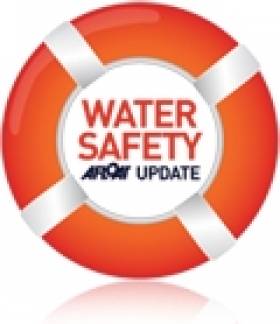Displaying items by tag: personal beacons
Fatality Rate for Fishermen An 'Absolute Tragedy'
Fishermen and farmers make up more than half of all work-related fatalities in Ireland, according to the Minister for the Marine.
As The Irish Times reports, Simon Coveney TD decried it as an "absolute tragedy" in the Dáil.
He noted the progress being made in encouraging people to wear safety gear when on the water, but said there was "little or no progress in getting fishermen to wear lifejackets”.
"For some reason fishermen seem to think they will never fall in the water," the minister commented.
Cork South West TD Noel Harrington also raised the point of the Department of the Marine's refusal to use personal beacons that directly signal emergency services, rather than emergency position indicating radio beacons (EPIRB).
He referred to the capsizing of the Rambler 100 yacht in the Fastnet Race in August, saying that the latter did not go off to alert the coastguard as the boat had not sunk.
























































